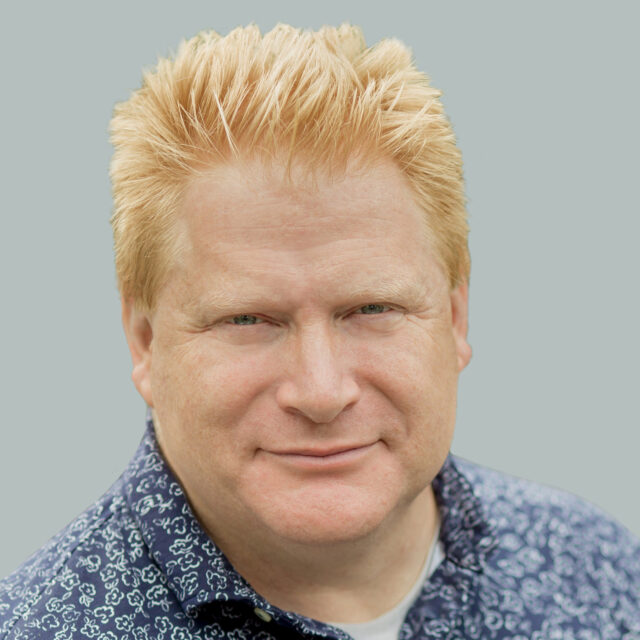The profession has now long recognized the importance of the parallel process between clinical supervision and the clinical relationship. Research has demonstrated that the quality of parallel alignment directly impacts positive treatment outcome= effective supervisory relationships result in positive treatment outcomes with clients. There is also a need to appreciate the implication of the parallel process occurring between how the clinician relates to themselves, their internal world and their work with their clients. A clinician who is unaware of their defensiveness in relation to their unwanted thoughts, emotions, sensations, trauma responses and of course their imposter, brings that into the work. The profession speaks to the effective use of self in the work, it is important to understand the quality of self we are bringing to the work, especially with trauma survivors.
“Therapy as Out Loud Meditation, is the field of relational awareness where all parts are welcomed of both client and clinician.”
Defenselessness, as a relational position that impacts trauma work is the clinician’s radical practice of self-compassion, learning how to befriend how and who one is. To enter the clinical work residing in the liberation of not having to be something one is not. For the clinician to learn how not to defend against internal or external expectations and to radically accept that who one is, is inherently and authentically good enough. Ahimsa, to do no violence, in the clinician’s relationship with themselves, their internal architecture, with their unwanted misinformed parts, trauma responses and of course with their own personal imposter syndrome. The clinician’s capacity for mindfulness, for open present moment awareness with a quality of affection, and practice of dropping the protest to what arises in awareness directly influences the work with the clients. To honor the clients experience, to be an effective collaborator in the client’s journey of post traumatic growth, is to be skilled in going to the dark and traumatized places within that the client has set themselves up against. This work with client requires the clinician to develop a practice of Defenselessness and Ahimsa within themselves. This parallel process then begins to model and mirror for the client a possibility of returning to themselves with that same capacity of reclaiming an integrated self, for compassion, loving kindness, courage, and clarity.
As a society, we live in a relationally deprived century – for when we opened the first Apple iPhone in 2007, we had no idea what was in that Pandora’s box. Our communities, our schools, our cities, and our neighbors all live in a context of terror management and “alien-other,” where the impact of COVID, and divisive political separations, has further isolated us all and created chronic states of stress, grief, uncertainty, and fear. Clinicians are members of the same humanity, impacted by the same adverse community experiences. Yet, these aspects of suffering are the impetus for the doorway to change that is Integration for a Dis-Integrated World. Our elders knew this integration aspect wisely and transmitted their wisdom with end sight on the role of collective healing, “Healing happens in relationship,” stated psychiatrist and trauma expert Judith Herman, MD. “Love and understanding have to arrive together,” offered Buddhist monk and peace activist, Thich Nhat Hanh. It is affirming how different healing traditions point to this same understanding – validating the fact of this statement. Humans need to feel connected, understood, and related to authentically, for healing and wellness to manifest. Incorporation of an authentic relationship through a trauma-informed approach between client and clinician is imperative, and the foundation of this relationship is the clinicians effective use of an integrated self through a practice of self-compassion and loving kindness.
